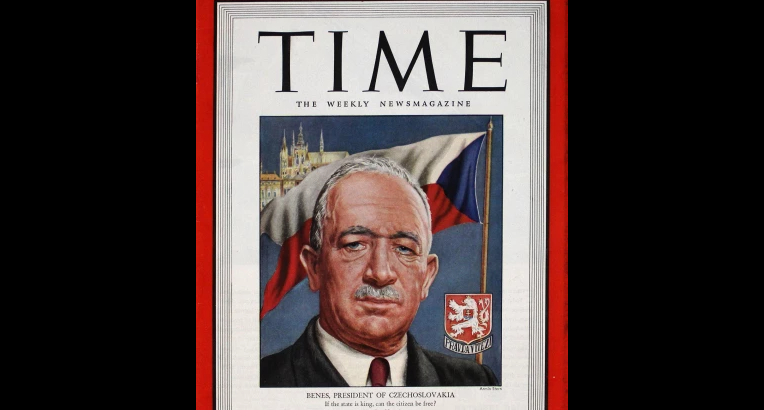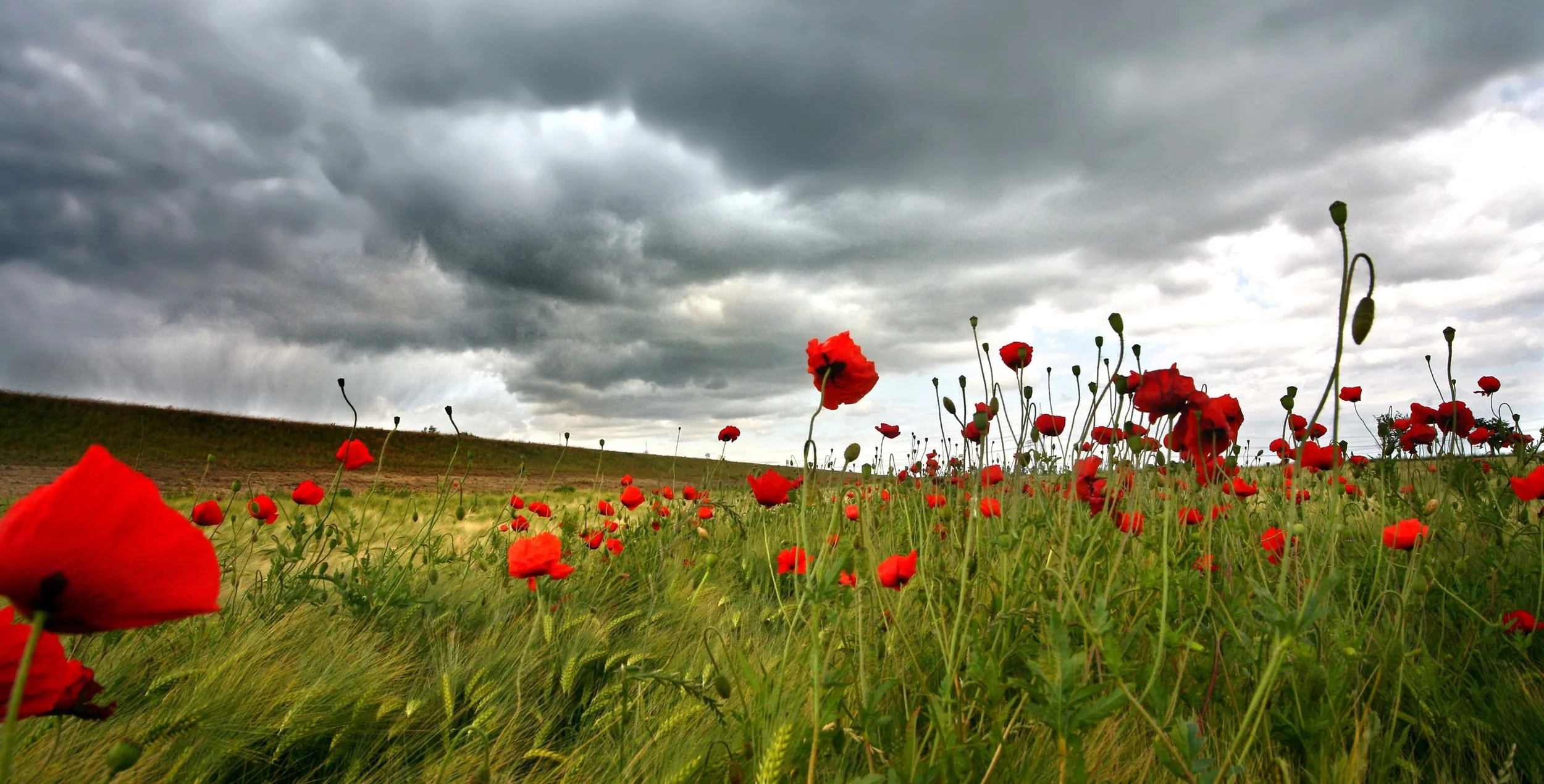In the Czech Republic, many bunkers were built during the Interwar Period and Communist rule. today, these once state-of-the-art fortifications lay abandoned. In response, the Ministry of Defense in the Czech Republic has decided to sell the bunkers to private investors.
Czech Cottage Culture
Meda Mladkova
Meda Mladkova was a patron of the arts who helped support Czech artists stuck behind the Iron Curtain. She trained to be a dancer but decided to leave Czechoslovakia after witnessing how terribly the Germans who remained in the country were treated at the end of the Second World War. Even when she met the Ministers of Culture and Education and the Director of the Nationa Gallery, she truthfully and successfully stood up for artistic freedom.
Charles IV: King of Bohemia and the "Romans"
Charles IV’s efforts helped to elevate the city of Prague to new heights, establishing it as the intellectual and cultural center of Central Europe. Yet, his reign was marked by political disagreements and failures to centralize the government. One major, yet brief, threat to Charles IV’s authority came from Louis IV, the excommunicated emperor Charles IV replaced. Another major aspect of Charles IV’s authority was the elevation of Prague as a major player on the world stage for centuries to come.
Edvard Beneš (28 May 1884 - 3 September 1948)
Edvard Beneš was born in Kozlany, Bohemia during the Austro-Hungarian Empire’s rule, but by October 14, 1918, he lived in a different nation, as the empire collapsed in place of the then-new Czechoslovakia. He served as the council chairman for the League of Nations to support the balance of powers in Eastern Europe, creating the “Little Entente.” Eventually, Beneš would succeed Masaryk as the Czechoslovakian president, faced with the threat of Germany, and the rest is history.
An Army with No Country: A Siberian Odyssey
It’s the First World War, and the Czechoslovaks got to get their soldiers from Ukraine to France, but without going through a Central Powers country or a sea without enemy ships. What do they do? Naturally, they go East: fight through the Bolsheviks, take over the Russian railway network, capture most of Siberia, and reach Vladivostok before the ships arrive to get you home. All this while losing less than 10% of your men over three years of fighting. It might sound crazy, but this is just the 2nd part to the story of the Czechoslovak Legion.
Czechoslovakia and their only naval battle
Despite being a landlocked nation, Czechoslovakia had a naval army, one which fought a single battle. This singular battle took place on Lake Baikal in Russia during WWI. Being that Czechoslovakian soldiers fought so far away from their own nation and that they seemed unwelcome in Russia, the situation of their naval military grew more complicated.
Traveling the world from homes' safety
Cooking Czech style dishes can be a great way to do all of these things. Czech cuisine consists of thick soups and many kinds of sauces, both based on stewed or cooked vegetables and meats, often with cream and baked meats with natural gravies, are popular dishes usually accompanied with beer, especially Pilsner. Czechia natives consume the most in the world. These dishes include ingredients that you already have in your home or readily available in most grocery stores.









